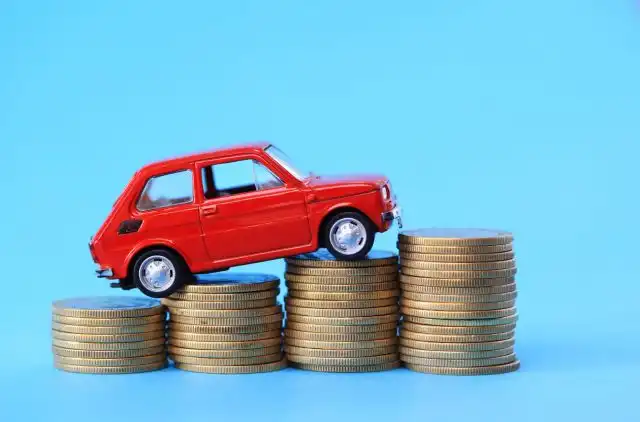
Knowing what a car is going to regularly set you back is an important part of vehicle ownership. Being aware of the expected costs of running a particular make and model means that you won’t get caught out by things like high tax rates or frequent trips to the fuel pumps. Basically, doing some boring (but simple) maths will help prevent you getting out of your depth and into your overdraft.
What do running costs consist of?
As touched upon, fuel costs and tax rates are two significant ones (fuel is almost always the single biggest regular expenditure you’ll make when running a car), but there are also other things to consider, such as servicing costs, tyres, and general ‘wear and tear’ parts that need replacing from time to time.
Let’s say we lived in a fictional world where all cars cost exactly the same to buy. It might be great to treat yourself to a sports car instead of a conventional little city car, but you may still find it economically impossible to live with a Porsche over a Toyota hatchback, and that is down to the difference in running costs.
Why do some cars cost more to run than others?
What a car is designed to do plays a big role in this - let’s use our Porsche and Toyota again as an example. One is designed for affordability and efficiency, and one is designed for outright performance. The Porsche’s larger engine naturally drinks more fuel and is more polluting than a smaller one, inevitably meaning the larger unit will see you spending more time in the fuel station. You’ll also contribute more to road tax, as that is calculated on how harmful to the environment a car is.
There’s more to it than just engine size, though. As the Toyota is constructed using parts that don’t have to stand up to the stresses of high performance, it doesn’t need things such as big, expensive tyres or complex maintenance services. So, when the time comes to replace some parts due to wear and tear, you pay much less.
Similarly, Toyota make a lot more cars than Porsche - so parts are easier to find and insurance is cheaper too.
What do I need to think about when calculating running costs?
Our example of the Porsche and the Toyota is a little extreme, but the differences between other makes and models still applies – they just might be a little harder to notice. Here’s some things to think about when it comes to running costs:
- ‘MPG’ - ‘Miles per gallon’ figures provided by the manufacturer shows how many miles you can travel per gallon of fuel. However, these figures are obtained under laboratory conditions and don’t always reflect real-world driving, so budget for a car being less efficient than stated.
- CO2 emissions - This ‘grammes per kilometre’ figure (g/km) determines how much tax you pay. It is particularly important for company car drivers - the lower the figure, the better for your wallet.
- Servicing and maintenance - Sometimes with new car sales, a ‘free service’ pack is included. If not, ask your dealer to find out how much the scheduled servicing costs are.
- Insurance - Smaller, more efficient cars are normally cheaper to insure than larger, faster and more prestigious cars.




